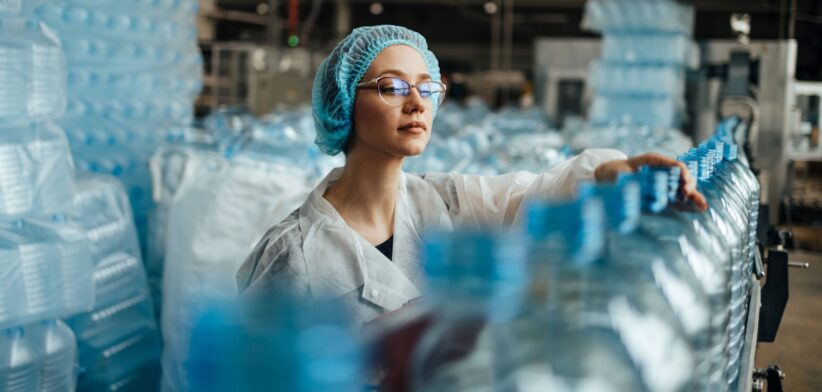Environmental entrepreneurs from across the Indo-Pacific are being brought together in an attempt to solve the issue of plastic waste.
Australia’s national science agency, the CSIRO, is facilitating demonstration days for the innovators to showcase solutions to the pollution problem.
CSIRO Deputy Chief Executive Kirsten Rose said the rate of plastic production had grown faster than any other material since the 1970s.
Ms Rose said the world produced about 400 million tonnes of plastic waste every year.
“Plastic waste flows into our riverways and into our oceans, with an estimated 11 million tonnes of plastic on the ocean seafloor.”
She said more than 20 international teams were taking part in CSIRO’s Indo-Pacific Plastics Innovation Network (IPPIN) Accelerator+ Program in Jakarta, Ho Chi Minh City, and Bangkok to show how their solutions were transforming the way plastic materials were produced, used and recycled.
Ms Rose said international partnerships were critical in addressing global challenges like plastic waste and enhancing Australia’s innovation ecosystem.
“Plastic pollution is a global crisis that knows no borders and we cannot tackle it alone.
“Collaborating with our neighbours is crucial for advancing technology and business innovation, enabling us to weather economic uncertainty.”
She said innovations displayed at the “Demo Days” included advanced waste management systems, creative methods for repurposing single-use plastics and initiatives to empower marginalised communities most impacted by plastic pollution.
IPPIN Senior Program Manager Andrea Sosa Pintos said through the program, innovative solutions to plastic pollution could accelerate rapidly and at scale.
“By 2040, global plastic use is estimated to double. Australia’s commitment to the High Ambition Coalition to End Plastic Pollution, as part of the negotiations for a UN treaty to end plastic pollution, firmly highlights our role as a regional leader in combatting plastic pollution,” Ms Sosa Pinto said.
“To date IPPIN has engaged with over 3000 people in program activities and supported 130 global entrepreneurial teams to scale-up sustainable and innovative technologies to find lasting solutions to address plastic waste.”
Learn more about the IPPIN program.








